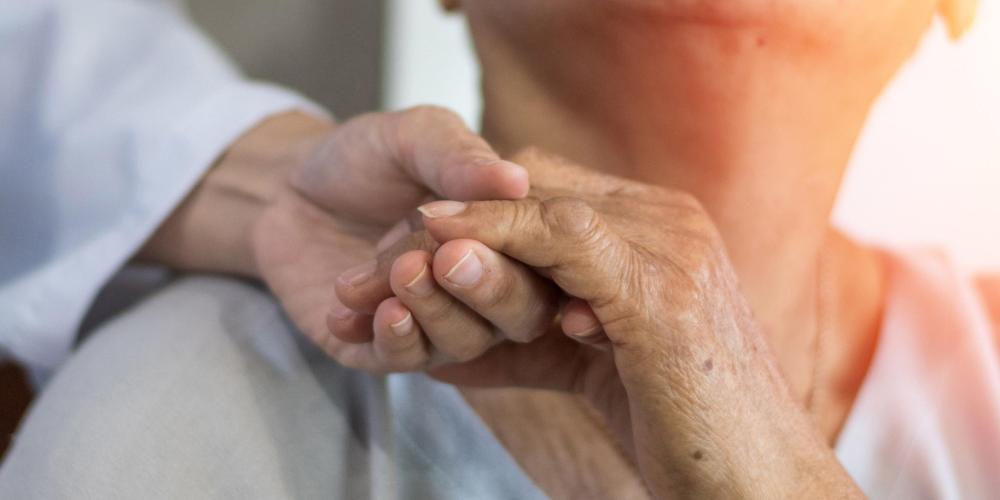
Research conducted by the Vrije Universiteit Brussel (VUB) among individuals aged 60 and above reveals that nearly one in ten older adults intentionally harms themselves, often through alcohol or medication misuse. This phenomenon affects older people living in residential care facilities, those living independently, and individuals in psychiatric care. The primary reasons are frequently linked to loneliness and 'overwhelming emotions' that these individuals find difficult to manage.
Lisa Van Hove, a researcher at the VUB Faculty of Psychology, surveyed 790 individuals aged 60 and older for her study.
“One of the most significant factors driving this behaviour is a lack of relationships that are sufficiently warm and intimate,” explains Van Hove, who is completing a doctoral thesis on the topic. “Many of these individuals also face mental health diagnoses, such as depression.”
For her research, Van Hove worked with psychology students and collaborated with several organisations for older adults, such as the Vlaamse Ouderenraad. Together, they gathered data through a comprehensive questionnaire completed by participants ranging from 60 to 103 years old. Inclusion criteria were straightforward: anyone over 60 without cognitive impairments, such as dementia, could participate.
Similar studies on young people, who sometimes self-harm by physically injuring themselves, suggest that their behaviour often stems from difficulties managing certain emotions. “The same applies to older adults,” says Van Hove. “They may not harm themselves in the same physical ways as younger people, but instead turn to alcohol, medication, or even not eating. These behaviours serve as coping mechanisms to regulate overwhelming feelings. Those who self-harm are often more vulnerable—some are physically ill, less mobile, or struggle with mental health issues.”
The research also uncovered differences between the groups surveyed. “Our findings suggest that self-harming behaviour is more prevalent among those living independently than those in residential care. At this stage, I cannot comment on potential gender differences in self-harming behaviour, but these conclusions will follow in subsequent phases of the research.”
To address this issue further, the newly established VUB PRISM Centre of Expertise will launch a participatory research project. Collaborating with GPs, professionals, and stakeholders, the project aims to develop and test a toolkit designed to address self-harm among people aged 60 and older. The PRISM Centre, which opened its doors this month, is dedicated to driving innovation in psychological interventions.*
*This is a machine translation. We apologise for any inaccuracies.